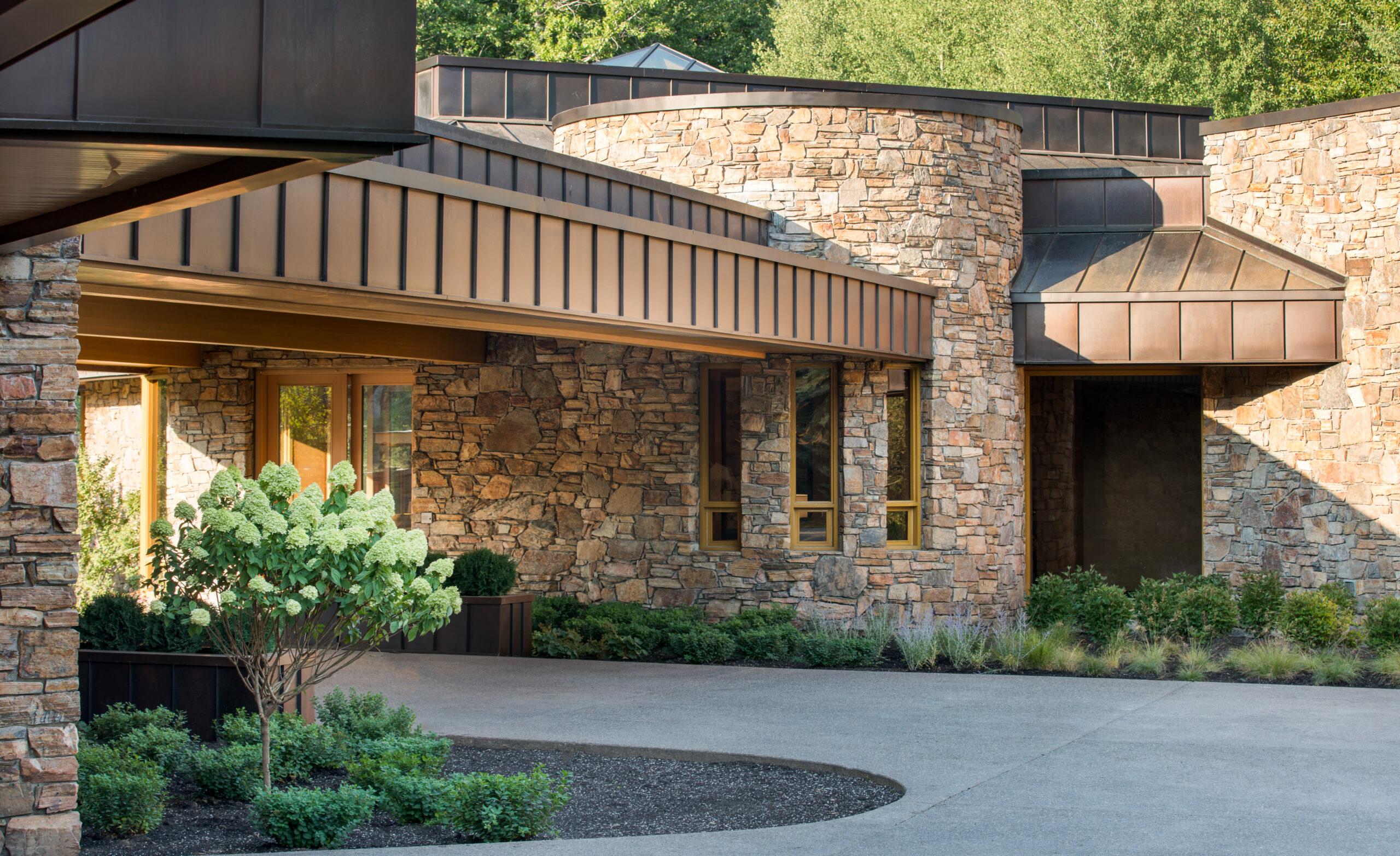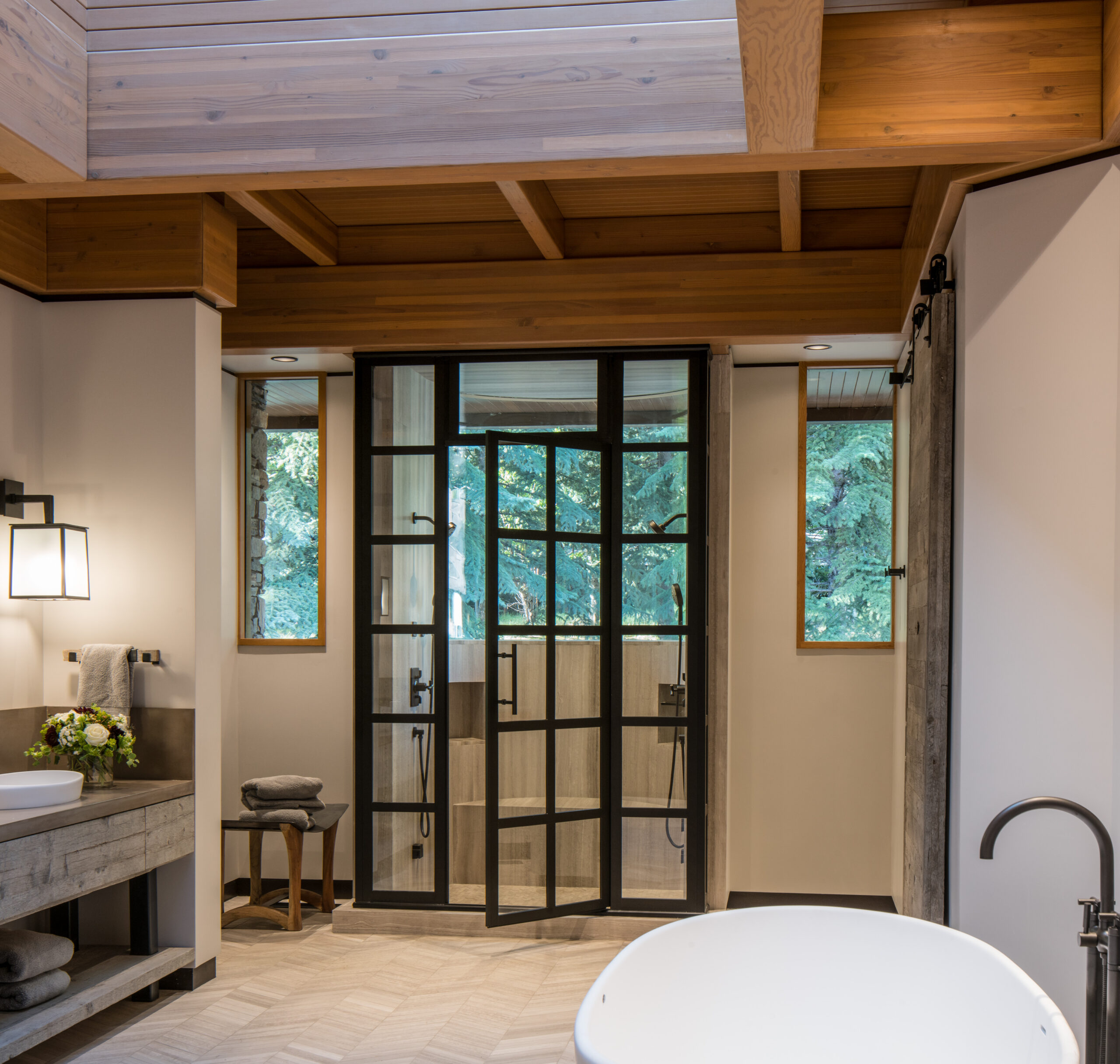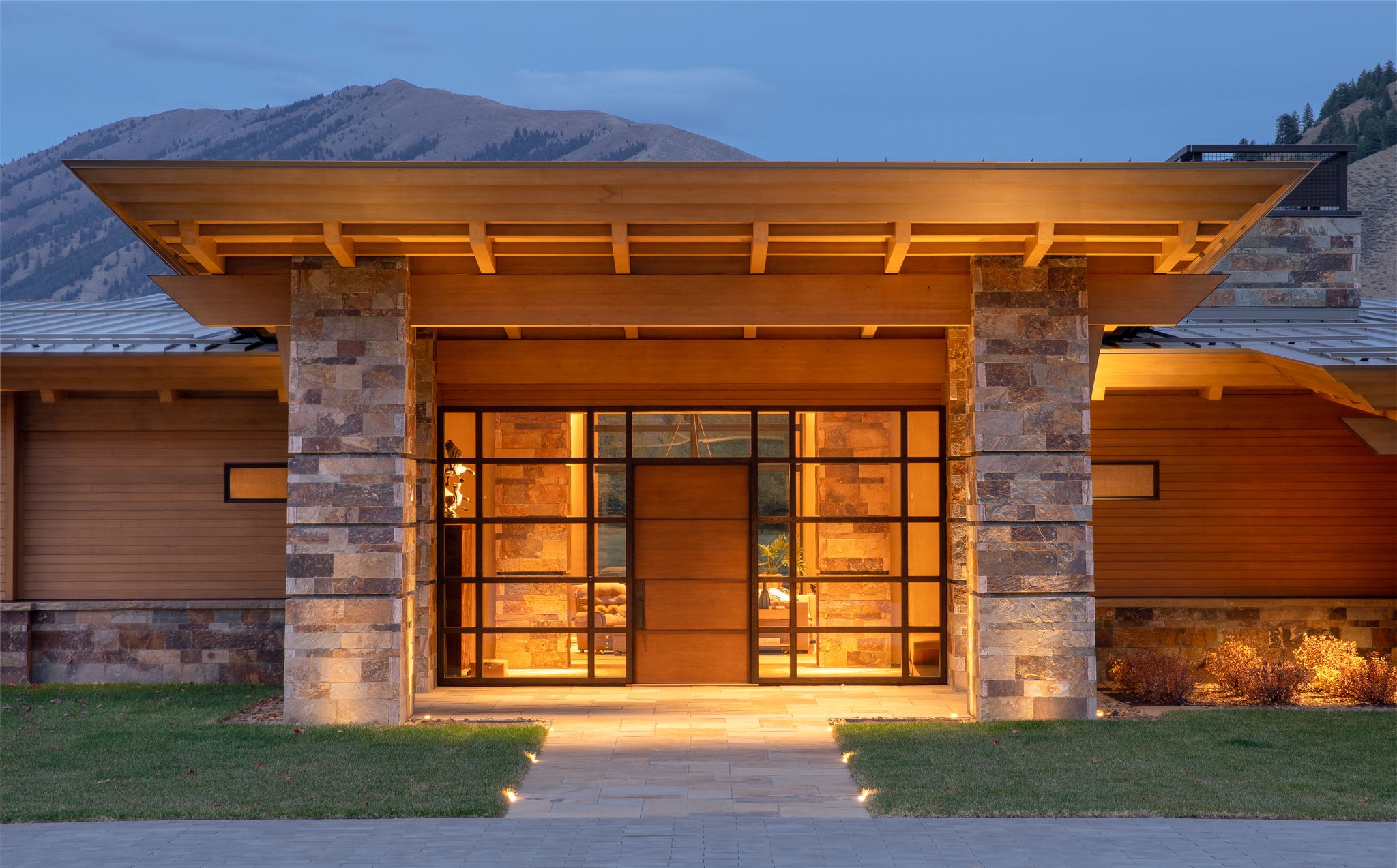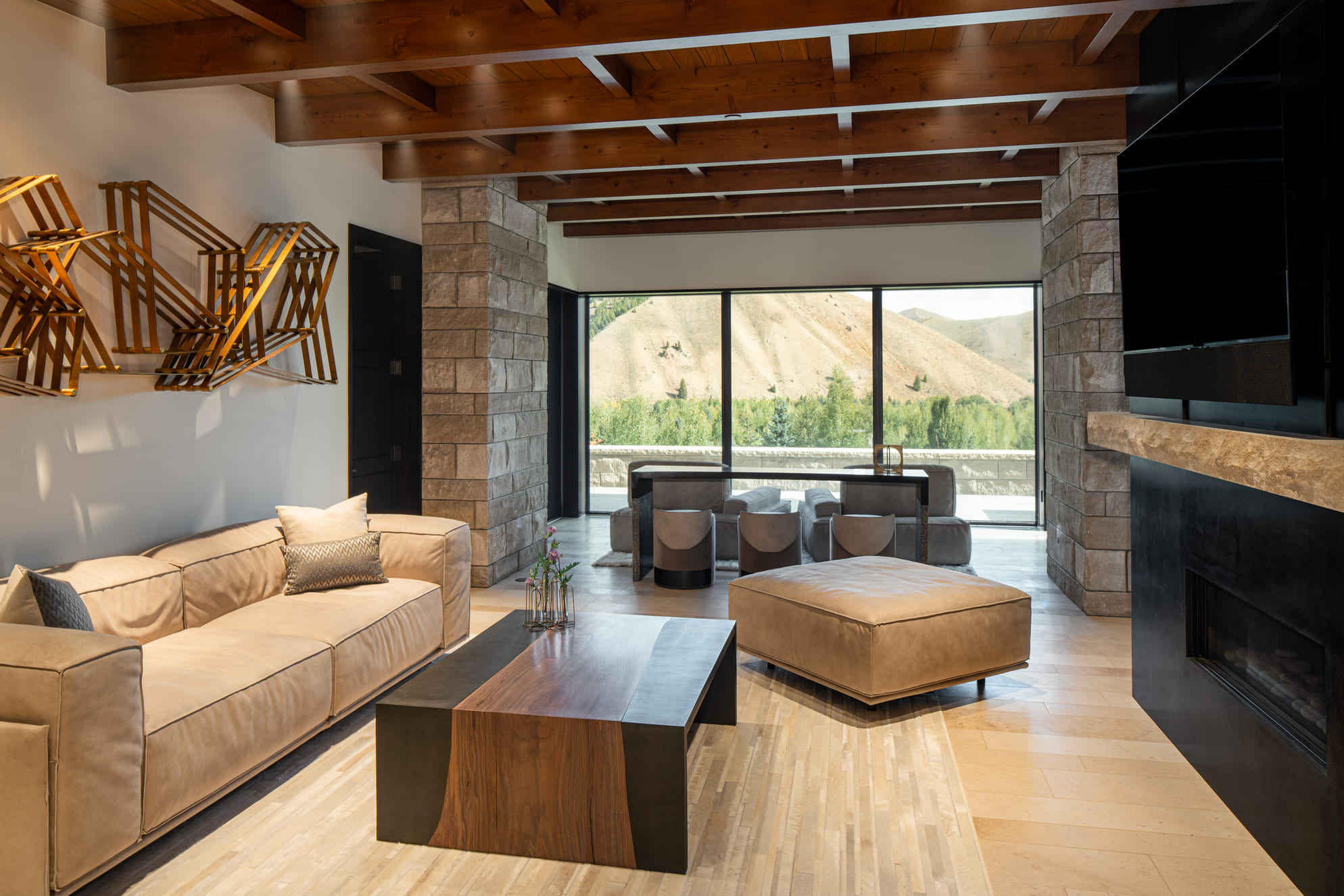The best builders engineer their homes for health and comfort.
Efficiency, health and comfort—a great new home delivers all of those. But creating that home using today’s construction methods takes more knowledge than most people realize. That knowledge is one of the benefits of working with a professional builder.
Lots of homeowners ask questions about energy efficiency—questions about insulation, the heating and cooling system, the lighting and the home’s likely utility bills.
They also want to know whether their indoor air will be healthy. They wonder if the airtight wall construction mandated by today’s building codes could cause health problems. They want to know that the home will not trap dust and odors or have unhealthy humidity levels. Indoor air quality is on a lot of people’s minds.
Efficiency and health are just two aspects of what’s now called ‘high-performance’ building.

High-performance Homes
Think of a high-performance home as a Mercedes. Its builder, like the luxury car manufacturer, aims to deliver an extraordinary product that wows customers. While this home’s most visible traits are great design and quality finishes, its performance rests on carefully engineered systems. These include systems the homeowners see and touch, like digital home control and monitoring, as well as those that go largely unnoticed, like perfectly tuned heating, cooling and fresh air systems, and structural elements that will resist decay for many decades.
This high-performance home isn’t just designed and built—it’s engineered. And the goal of that engineering is to deliver a worry-free living experience. Creating such a home demands knowledge beyond that of the conventional builder.
Take those airtight walls, for instance. Meeting code requirements while guaranteeing fresh indoor air and structural integrity requires the builder to have a firm grasp of building science principles.
Building science is a recognized discipline (you can even get a degree in it) that studies how buildings of all types handle air, heat and moisture. Although builders don’t need to be scientists, they do need to put the findings of building science into practice. They need to know how windows and doors affect home performance, how to build tight walls that won’t trap moisture, and how to determine optimal insulation levels.

They also need a thorough understanding of today’s mechanical systems. That includes how to choose a ventilation system that keeps the air fresh without introducing drafts. To do this, the builder needs enough knowledge to ensure that the mechanical contractor properly sizes the heating and cooling system and designs a duct system that’s quiet and yet provides a consistent temperature and comfortable humidity in each room.
Speaking of which, a high-performance professional builder will advise you to choose the best possible heating and cooling equipment, even if it costs a bit more. Listen to that advice. Even when value-engineering to bring down costs, don’t be tempted to downgrade the mechanical system—the efficiency and comfort it provides will do more than anything else to make living in your new home a great experience.
more articles
Subscribe
to Our Newsletter
Sign up for our e-newsletter and receive the latest insights.


